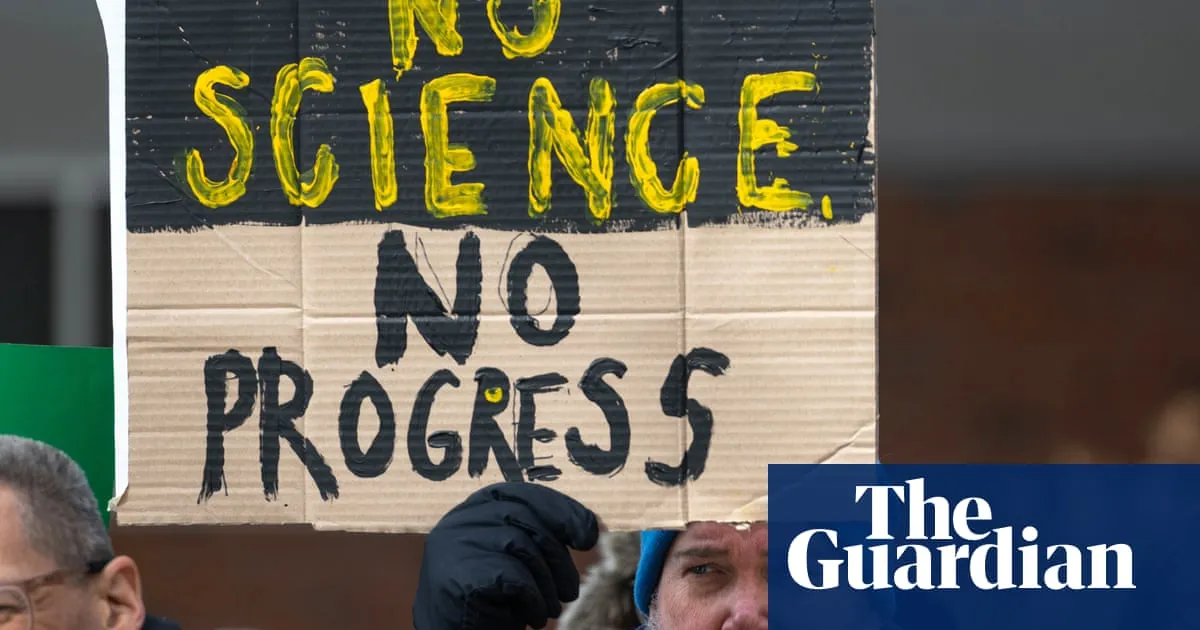
In his first month in office, the new US president has introduced significant changes that have thrown science in the US into a state of chaos. These developments have not only delayed projects but have also cast doubt on the future of research funding and jobs. This article explores the recent changes, their implications, and what they mean for the scientific community.
The initial actions of the president have led to widespread uncertainty in the scientific community. Many ongoing scientific projects have been put on hold, which could lead to significant setbacks in various fields of research. The uncertainty surrounding the future of science funding is causing great concern among researchers and scientists nationwide.
To gain a deeper understanding of the situation, Madeleine Finlay spoke with science editor Ian Sample and Prof Harold Varmus, a Nobel Prize winner and former director of the National Institutes of Health under Bill Clinton. Their insights shed light on the possible long-term impacts of these recent changes on the US scientific landscape.
One of the most pressing issues is the potential impact on research funding and jobs in the scientific sector. With the current administration's policies, there is a looming threat to the stability and growth of scientific research. This uncertainty could discourage future scientific innovation and affect the US's position as a global leader in science.
As the new administration continues to shape its policies, the scientific community remains anxious about what lies ahead. The decisions made in the coming months will be crucial in determining the future of science in the US. It is essential for stakeholders to stay informed and engaged to ensure that the nation's scientific endeavors can continue to thrive and grow.